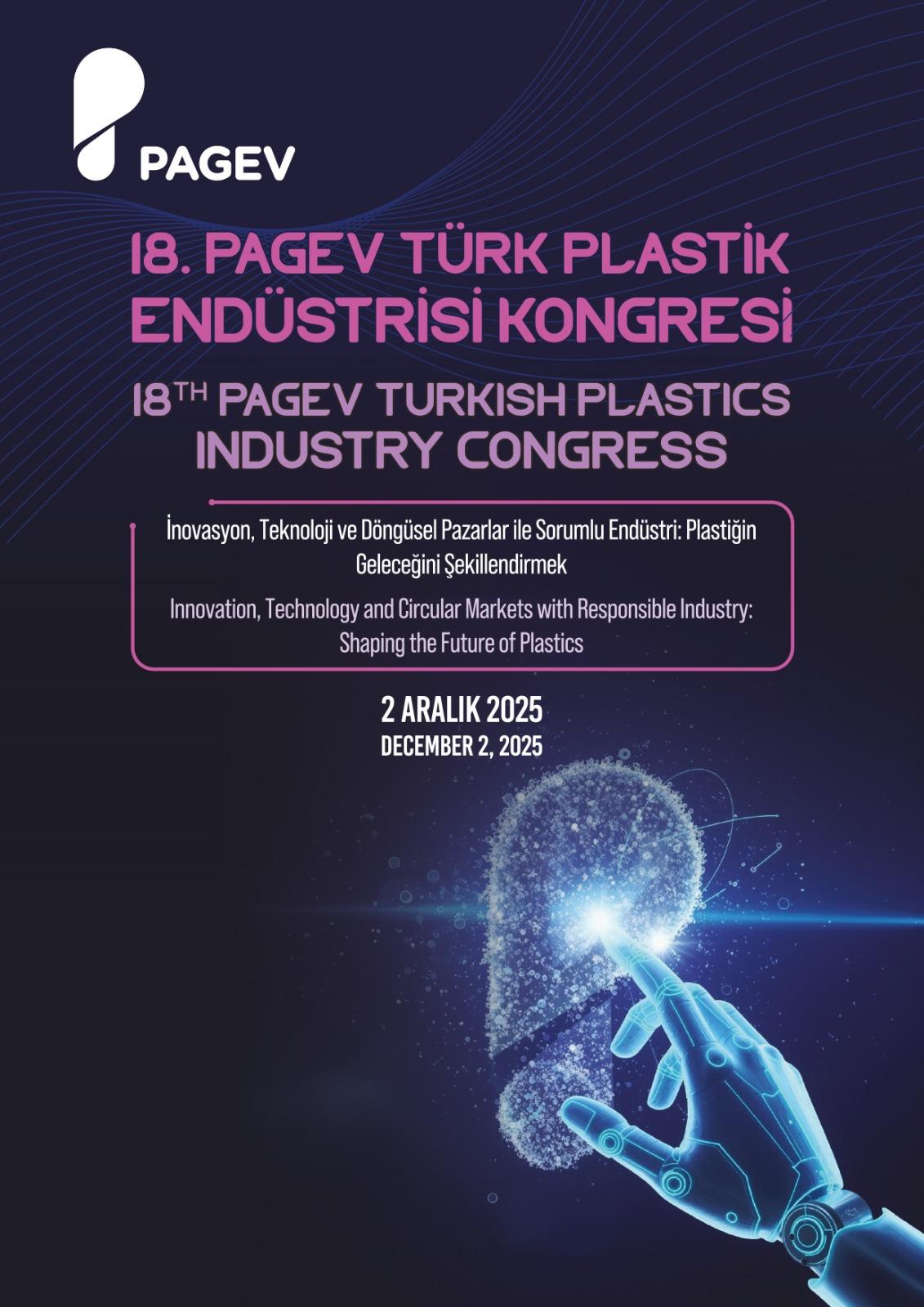Energy Recovery

ENERGY RECOVERY is a necessary, responsible and beneficial complement to recycling for plastics-rich waste fractions when plastics cannot be sustainably recycled. Not all plastics can be recycled as their recyclability is influenced by a number of factors such as:
- The material composition of products,
- The amount, cleanliness and composition of the collected waste streams,
- Available technologies for sorting
- Market-driven requirements on quality and standards for recyclates that may limit the appropriateness of plastics recycling
Some plastics-rich waste fractions, resulting from sorting and recycling operations, cannot therefore always be recycled and for these waste streams energy recovery is today the most resource efficient solution when compared to land filling or even to enforced recycling*.
Today’s modern combined heat and power recovery plants (CHP Plants) use waste plastics together with other high calorific input materials. This provides a valuable source of heat and power which many estimate can account for 10% of a country’s energy needs. Today plastics’ containing solid recovered fuel (SRF) is increasingly used by SRF power plants as well as a number of energy intensive industries, e.g. cement and lime kilns, thereby displacing virgin fossil fuel.
All such energy recovery process use only the best available technology to ensure they are safe, responsible and efficient installations.
PAGEV is committed to maintaining its contribution to the development of efficient energy recovery solutions as a necessary complement to overall plastics waste management strategies.
* The eco-efficiency of a product or service describes its environmental as well as its economic performance

